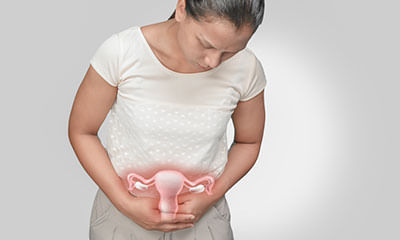What Is Premature Ovarian Aging?
What is Premature Ovarian Aging?
Premature ovarian failure aging (POA) is defined as having low ovarian reserve, a low number of good quality eggs for ones age.
POA is one of the major, often overlooked, causes of female infertility. As women get older, their ovarian reserve declines. Women attempting pregnancy after age 40 often have difficulty getting pregnant because of low ovarian reserve. In some women this decline of ovarian function occurs much earlier than others, these women are considered to have premature ovarian aging (POA).
POA negatively affects fertility primarily because of sub-optimal quantity and quality of eggs produced. Unfortunately, quality of eggs declines with quantity. Therefore, women with diminished ovarian reserve experience the highest miscarriage rates of any infertility diagnosis. With appropriate aggressive treatment women with POA can have their own genetic children.
Premature Ovarian Aging (POA) and Premature Ovarian Failure (POF) – What’s the Difference?
The distinction between POA and premature ovarian failure (POF) is of importance. POF is defined by an FSH level above 40 mIU/mL (post-menopausal range). Premature menopause is a term used to refer to this condition. Women with high FSH levels, but still below 40 mIU/mL are considered to suffer from POA. Pregnancy in women with POF is a rare event.
The India IVF Fertility does offer treatments to POF Medicine it is the patient who ultimately decides on treatment.
Treatment of Premature Ovarian Aging
India IVF Fertility employs aggressive IVF stimulation protocols frequently in combination with growth hormone to improve chances for pregnancy. We have had very encouraging results with the addition of growth hormone with POA patients undergoing IVF.



+1.svg)
